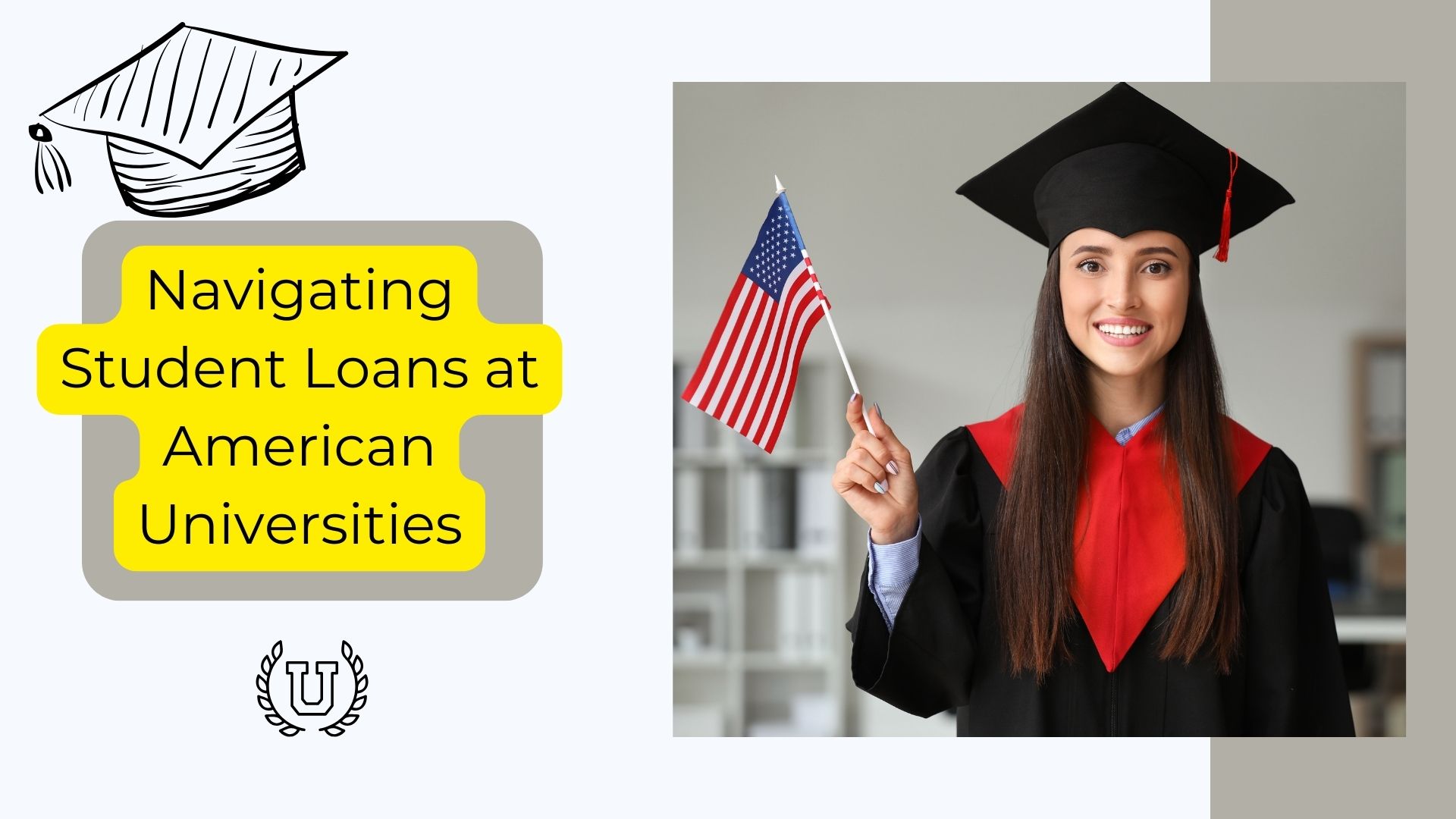Student loans make higher education possible for millions of students across America each year. But with thousands of colleges and universities offering different financial aid packages, it can be hard to understand your student loan options. This article will look at some of the top American universities that provide student loans along with their loan terms and requirements.
Public Universities
Many large public universities offer direct federal student loans as part of a student’s financial aid package. These include subsidized and unsubsidized Direct Loans with fixed interest rates and flexible federal repayment options. Some examples are:
– University of Michigan provides federal loans up to the annual limit based on dependency status and grade level. In-state freshmen can borrow up to $5,500.
– Penn State University offers federal Direct Subsidized and Unsubsidized loans to eligible students. First-year undergrads can receive $5,500.
– University of Virginia meets 100% of demonstrated financial need with aid including federal student loans. Over half of undergrads take out loans.
These schools also offer additional need-based loans and parent PLUS loans to help cover remaining costs. State-specific loans and grants may also be available.
Private Non-Profit Universities
Many private non-profit colleges offer private student loans to supplement federal borrowing. These loans are issued by banks or private lenders. For example:
- – New York University offers federal loans plus NYU institutional loans with fixed rates around 7%. No cosigner is required.
- – University of Southern California provides federal loans and recommends private lenders like Sallie Mae for additional borrowing needs.
- – Boston University offers student loans through the Federal Direct Loan Program. Private loans through BU are also available.
When taking private loans, be sure to compare multiple lender rates and terms. Consider a cosigner if it will help receive a lower interest rate.
Finding the Best Loan Terms
All accredited American universities offer federal student loan options like Direct and PLUS loans. Carefully review financial aid award letters and understand the loan types and amounts suggested. Public universities may offer better rates, while private loans can provide more borrowing flexibility. Compare costs and terms before borrowing so you can maximize aid and minimize loan debt.
FAQs about student loans at American Universities:
Q: Do all American universities offer federal student loans?
A: Yes, any accredited U.S. university can offer federal student loans like Direct Subsidized/Unsubsidized Loans and PLUS loans through the FAFSA application.
Q: What are the maximum annual federal loan limits?
A: Dependent undergrads can borrow up to $5,500 in the first year, $6,500 in the second year, and $7,500 in later years. Independent students have higher limits.
Q: When should I consider a private student loan?
A: Private loans can help cover additional costs after you’ve maxed out federal loans for the year. Compare rates across multiple private lenders before applying.
Q: How do I choose between federal and private loans?
A: Federal loans should be your first choice for their low fixed rates, flexible repayment and forgiveness programs. Only turn to private loans once federal options are exhausted.
Q: Do I need a cosigner for a private student loan?
A: Most private lenders require good credit or a cosigner. Having a cosigner can help you qualify and lower the interest rate. Federal loans don’t require a cosigner.
Q: Can universities offer their own student loans?
A: Yes, many universities work with banks or credit unions to offer institutional student loans. Terms vary so compare to federal rates carefully before borrowing.
Q: How do I get the best loan terms from lenders?
A: Shop around between federal and private lenders. Apply with a creditworthy cosigner if needed. Also maintain a good credit score and minimize debt to qualify for better rates.
Q: Are student loans dischargeable in bankruptcy?
A: Federal and private student loans are rarely dischargeable in bankruptcy except in cases of permanent disability. Some exceptions apply.

